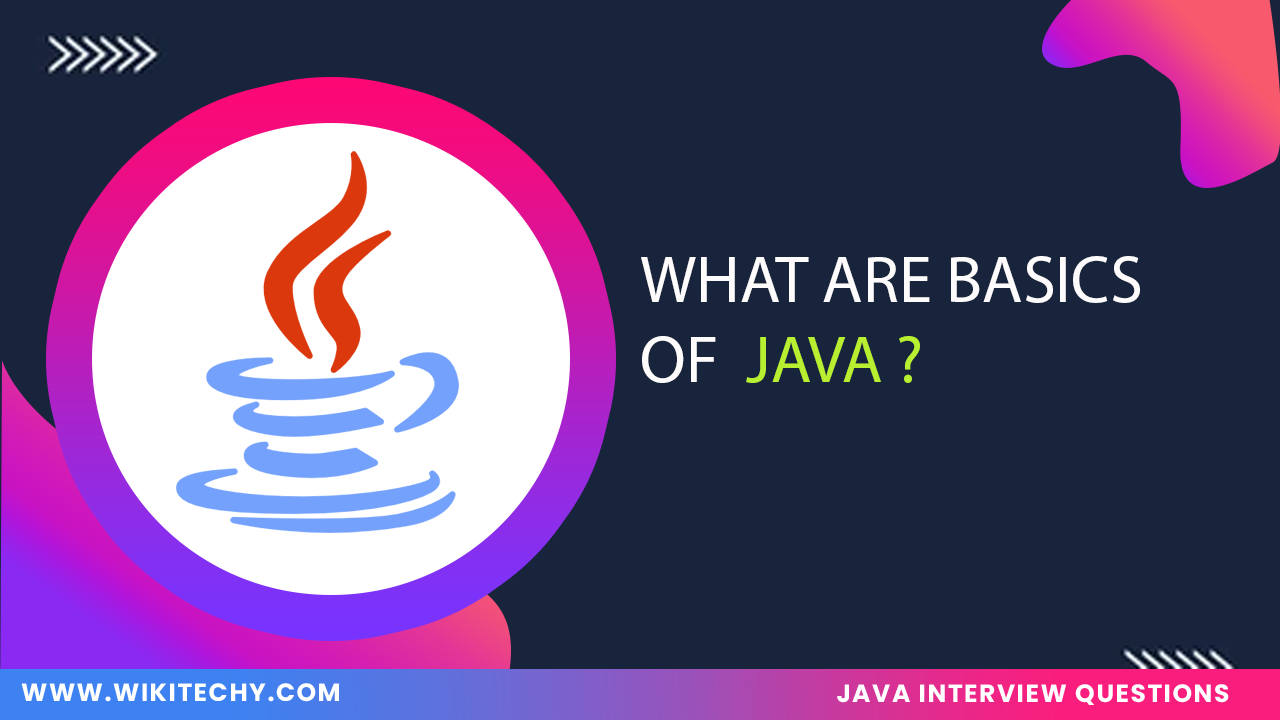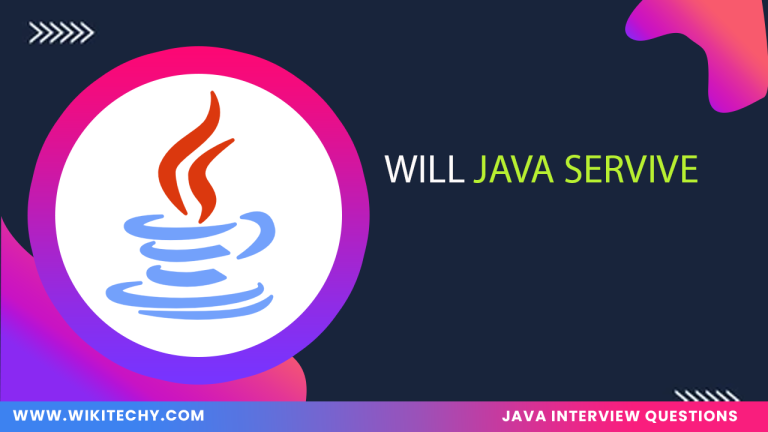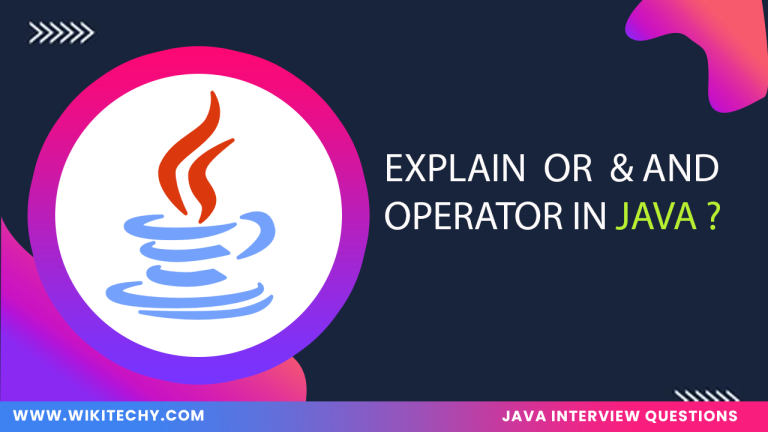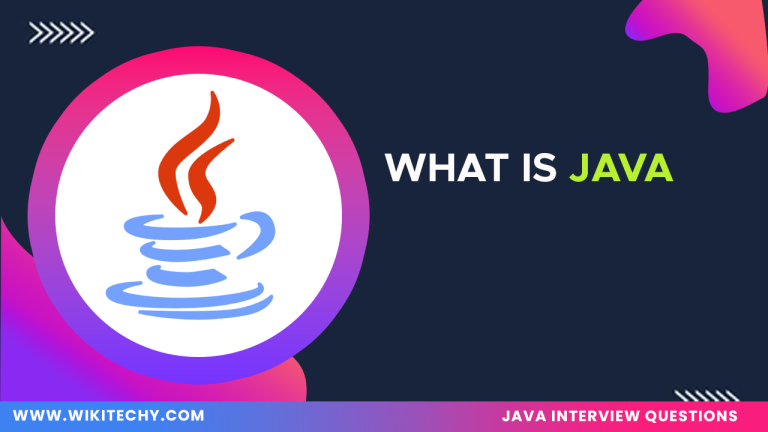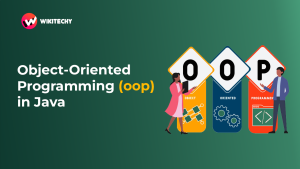Definition:
Java is a high-level, object-oriented programming language developed by Sun Microsystems in 1995 and now maintained by Oracle . It is designed to be platform-independent, meaning Java code can be executed on any platform that supports the Java Virtual Machine (JVM). Its key philosophy is “Write Once, Run anywhere” (WORA).
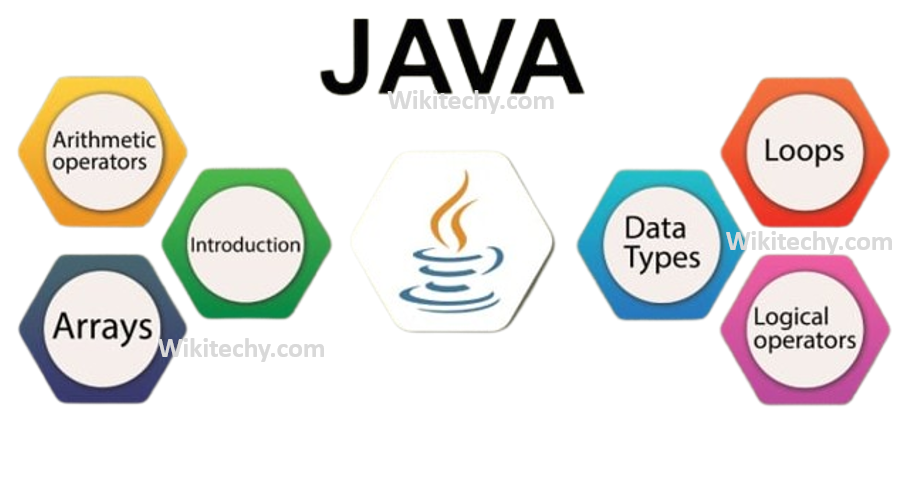
Example:
Features of Java:
- Java uses classes and objects to structure code in an efficient and reusable way.
- Java code is compiled into bytecode, which can run on any system with a JVM.
- Java has a syntax similar to C++, but with fewer complexities such as pointers and multiple inheritance.
- Java provides runtime checking, exception handling, and memory management, making it more secure.
- Java emphasizes early checking for possible errors, which reduces runtime issues.
- Java allows multiple threads to run concurrently, improving performance in multitasking environments.
- Java is designed for distributed computing, enabling applications to run across multiple machines.
- The Just-In-Time (JIT) compiler optimizes bytecode to enhance performance.
Advantages of Java:
- The WORA principle allows Java applications to run on various devices without modification.
- Java offers extensive libraries for networking , data structures, I/O, and more.
- Java has automatic garbage collection, reducing the need for manual memory management.
- Java has a vast and active user base, making it easy to find resources, frameworks, and libraries.
- Java applications can easily scale from small to large enterprise-level solutions.
Uses of Java:
- Java is extensively used for building web apps using technologies like Java Servlets, JSP, and Spring.
- Android development is mainly done in Java, making it essential for mobile app developers.
- Java is widely used in large-scale enterprise environments due to its scalability and reliability.
- Java, using libraries like JavaFX and Swing, can create cross-platform GUI applications.
- Java’s platform independence and performance make it ideal for cloud and distributed environments.
- Java plays a role in Big Data tools like Hadoop and Apache Spark.
- Java is used in a wide variety of embedded systems, ranging from smart cards to sensors.

